I was looking forward to attending this session. This is a topic that I think is really important and in the past I have held accompanying workshops for my students over the summer. Most of what I learned in this session was mostly reviewing what I knew, however I did learn some very good tips that I plan to use in the near future. This presentation was given by the University of Oklahoma Collegiate Chapter. They did an excellent job in their preparation.
First the chapter shared with us some feedback from interviews they held with graduate students. They interviewed 10 students and asked them what their first experiences were like when they accompanied for the first time. Some of the responses were:
-Didn’t understand rubato- how to follow singer.
-Sight-reading skills were very important, continued accompanied sharpened her sense of phrasing
-Couldn’t keep up
One of the graduate students that was interviewed said his first experience was so bad that he never wanted to accompany again.
“Group activities are very important at this stage of development.” K. Paulk
The group focused on 4 Essential Skills that would be important to teach students to be better prepared for accompanying.
1. Rhythmic (steady beat/pulse; playing through mistakes)- This skill is first and MOST important. It is a necessity for all accompanist. Some of the resources they shared was from Music for Little Mozarts using the CD accompaniment and A Galaxy of Games for the Music class (book) by Margaret Athey and Gwen Hotchkiss. Another important thing for students to know when accompanying is to focus on the ensemble NOT on your own playing. Some tools that can help with rhythmic skills would be the Metronome, CD’s, Midi disks, etc. I personally have found that CD and Midi disk accompaniment work far better than the metronome. I noticed that when I use the metronome, students don’t listen as well as they do when it is an actual rhythm beat and accompaniment.
2. Reading (Sight Reading, Eye Training, Looking over Top of the Score (Int level). It is important for students to identify patterns quickly and use sight-reading materials often. Good sight-readers eyes are in constant motion, moving ahead and backwards. Some tips that were mentioned to help with reading is covering up part of the page as the student reads, circle key notes and important elements, use duet books stacked- reading multiple lines at once, creating a page of music with widely spaced music (hymns), and games. One game they showed us was to practice looking over top of the score. One student is at the, another person is across the room (where they can see you) and gives visual clues (start with big/silly and then reduce to smaller and more “real” clues.) The student then nods when they see clues. After big/silly clues, you can start conducting the student and have them practice following you.
3. Interaction (Listening, Breathing/Cueing, Anticipating soloist/conductor, Matching Interpretation, Balance) Duets help with listening, learn both parts, play unexpected tempos and have student follow along. Background music and recordings, Listening project in the book “Fourth Finger on B Flat” (by Joanne Haroutounian- Kjos)
Some other tips that were mentioned was to video record the instrumental or voice soloist and play along with video.(LOVED THIS- GREAT IDEA!), Video duets-students each recorded and then play along with their partner via the recording. This was also a great idea especially when it is not feasible for them to practice together. Students can also take a YouTube recordings and accompany along the recording.
Some group activities that were mentioned… Get together in a class setting and have students accompany each other narrating storybooks or poems, (goal- accompany narrator- listen for specific cues). Practice breathing and cuing before starting. Doesn’t have to play at the piano- just practice. How many times to we practice this? Practice following a conductor and anticipating what they will do.
They mentioned a fitness app called Trail Mix. Even though it is a fitness app, you can download music to it, it has a built in speedometer to follow walking tempo. Can use it for playing and adjusting the tempo.
Students should be very familiar with soloist part in addition to their accompaniment part. Pattern Play is good for practicing different styles of music and interpreting those styles. Balance is also important- bringing out certain dynamics and voices for that particular instrument. (Don’t want to overpower soloist)
4. Functional (Transposition, Harmonization, Choral Score Reading) Transposition resource- Pentascale Pro
How many of your students know how to read lead sheets? Recognize chord and bass patterns are important skill especially when accompanying along side a jazz band or such. Choral score reading is common for accompanists. These skills are commonly used in church and choir settings. They should be able to learn individual parts as well, different combinations of parts (ie: S, B)
Students should expect to assist choir in rehearsal:
*Entrances of each voice
*Accidentals or difficult notes
*Awkward leaps
*Tricky rhythms or meter changes
*Clashes between voices
*Examples of voicing
*Important articulations
*Breathing spots
The collegiate chapter shared many resources they used in their presentation for helping with accompanying skills. You can download their handout here: Teaching Accompany Skills to Piano Students.
In addition, I would also like to recommend Joyce Grill’s book: Accompanying Skills. I have used her book when I have held accompanying workshops for my students.
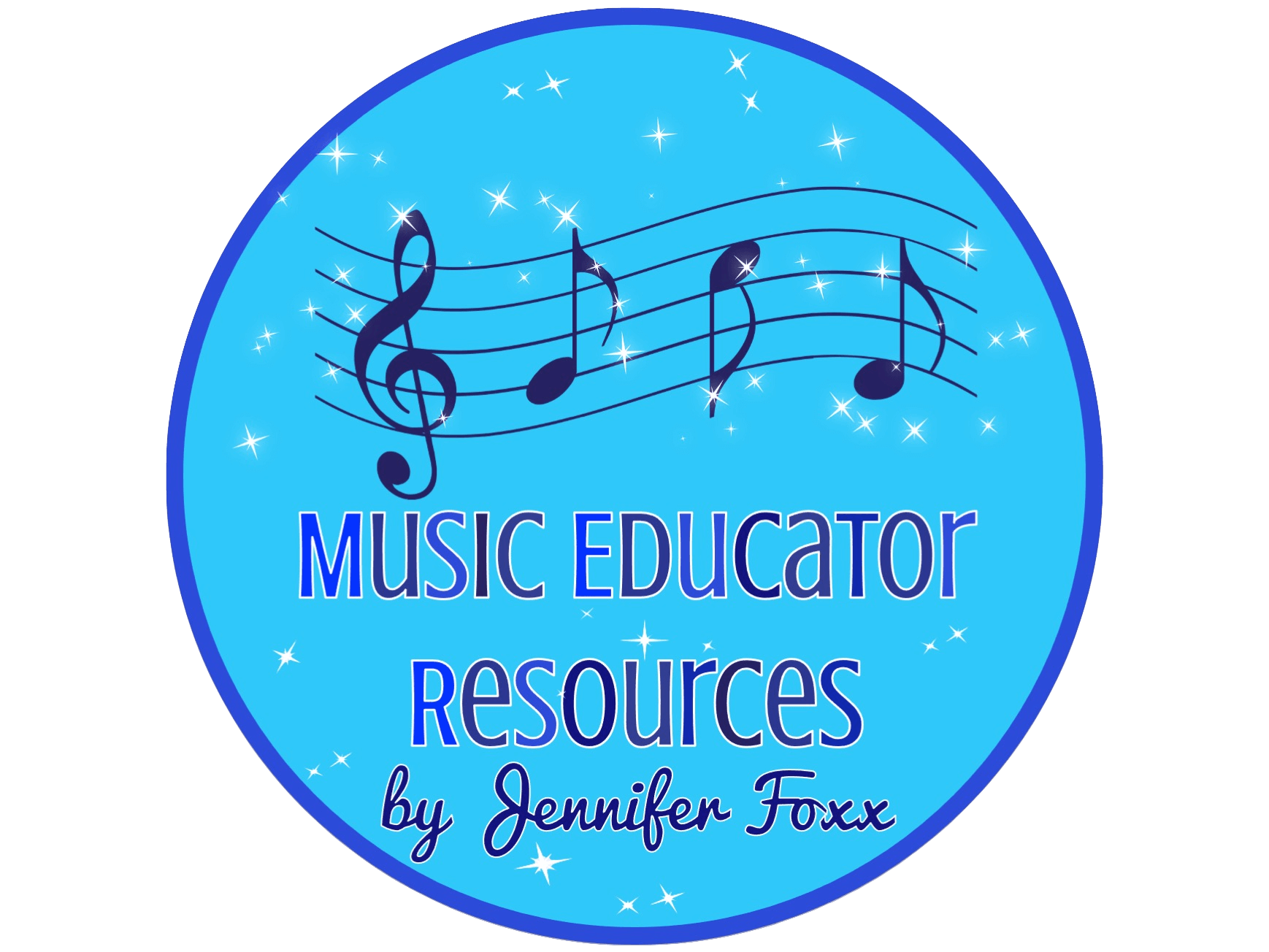
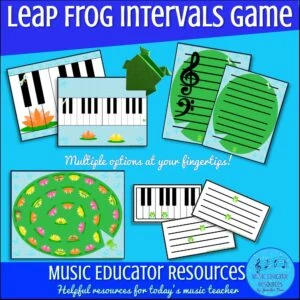
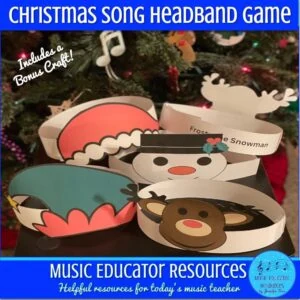
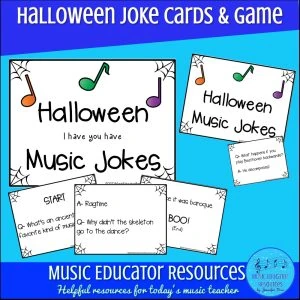
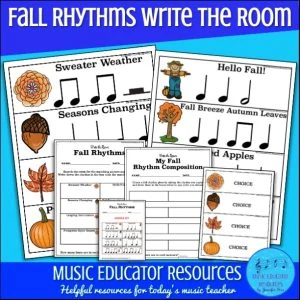
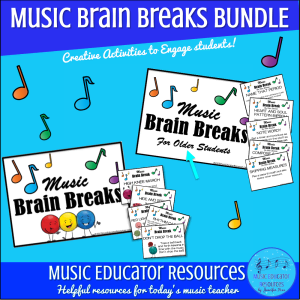
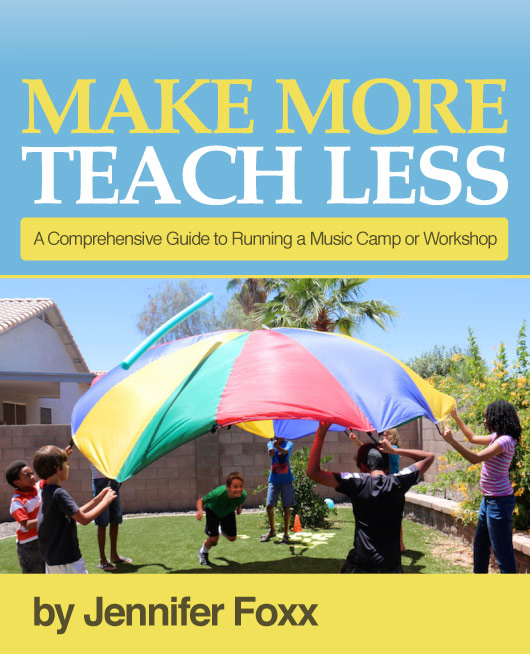
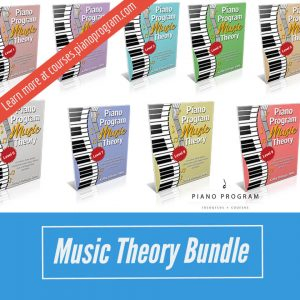
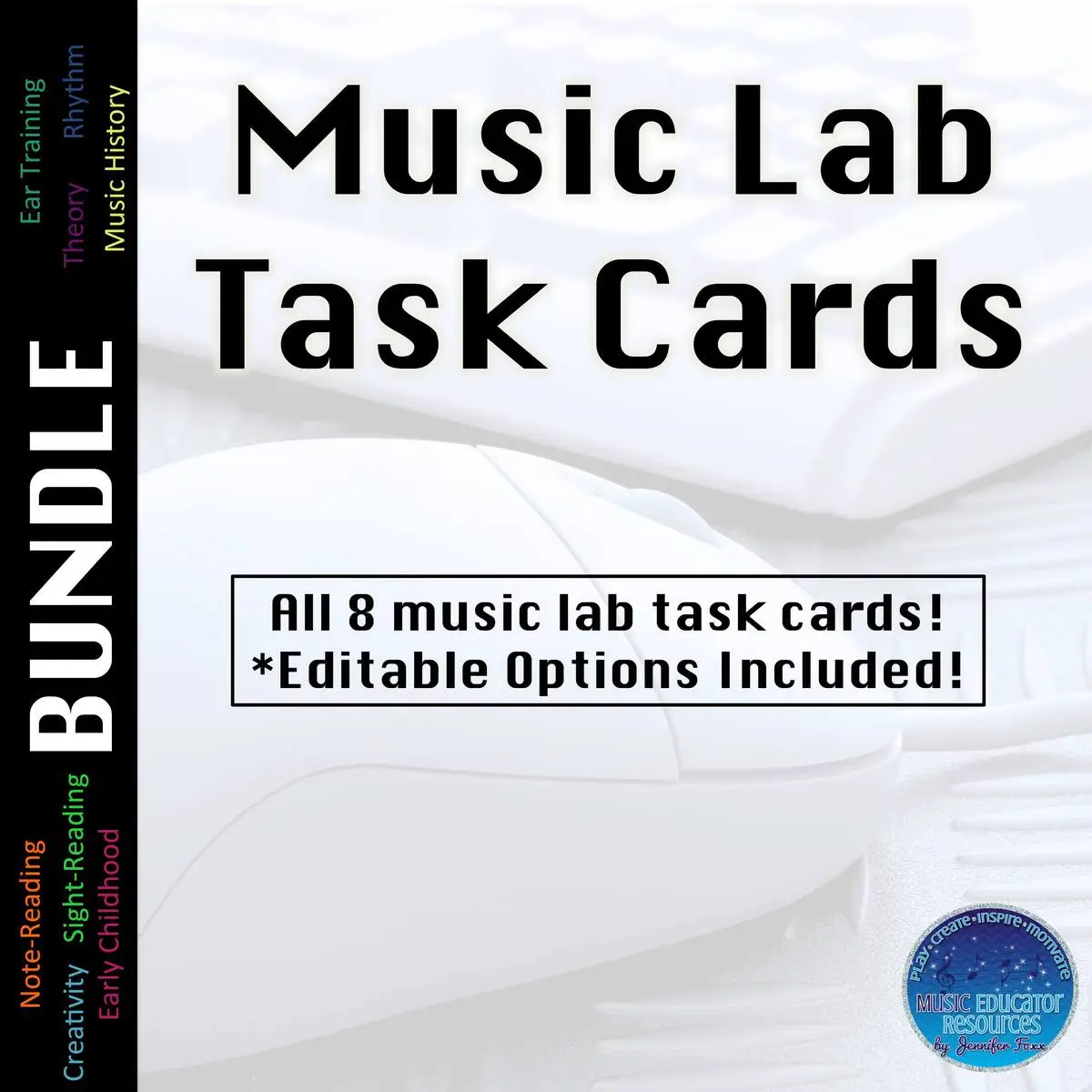
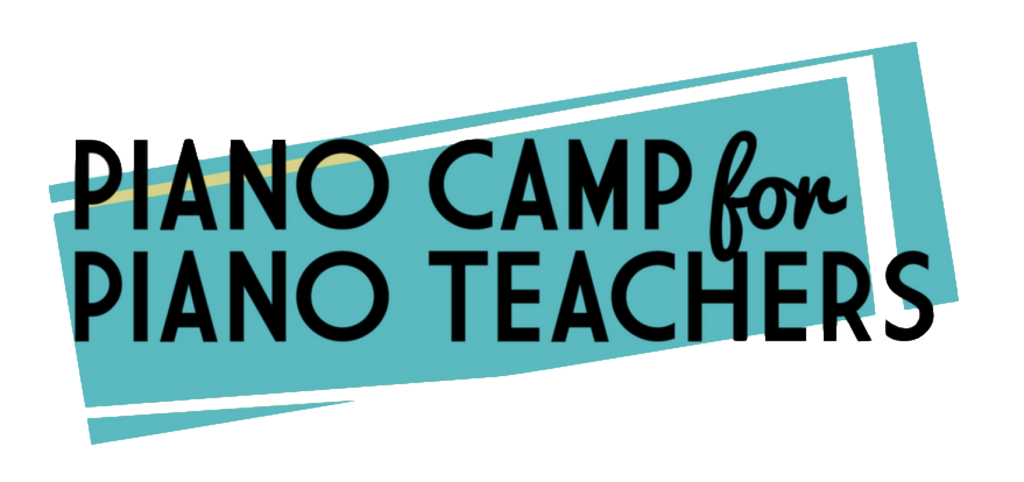
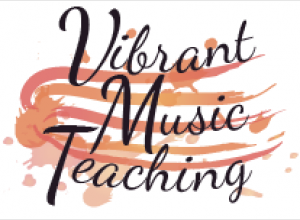

0 Comments